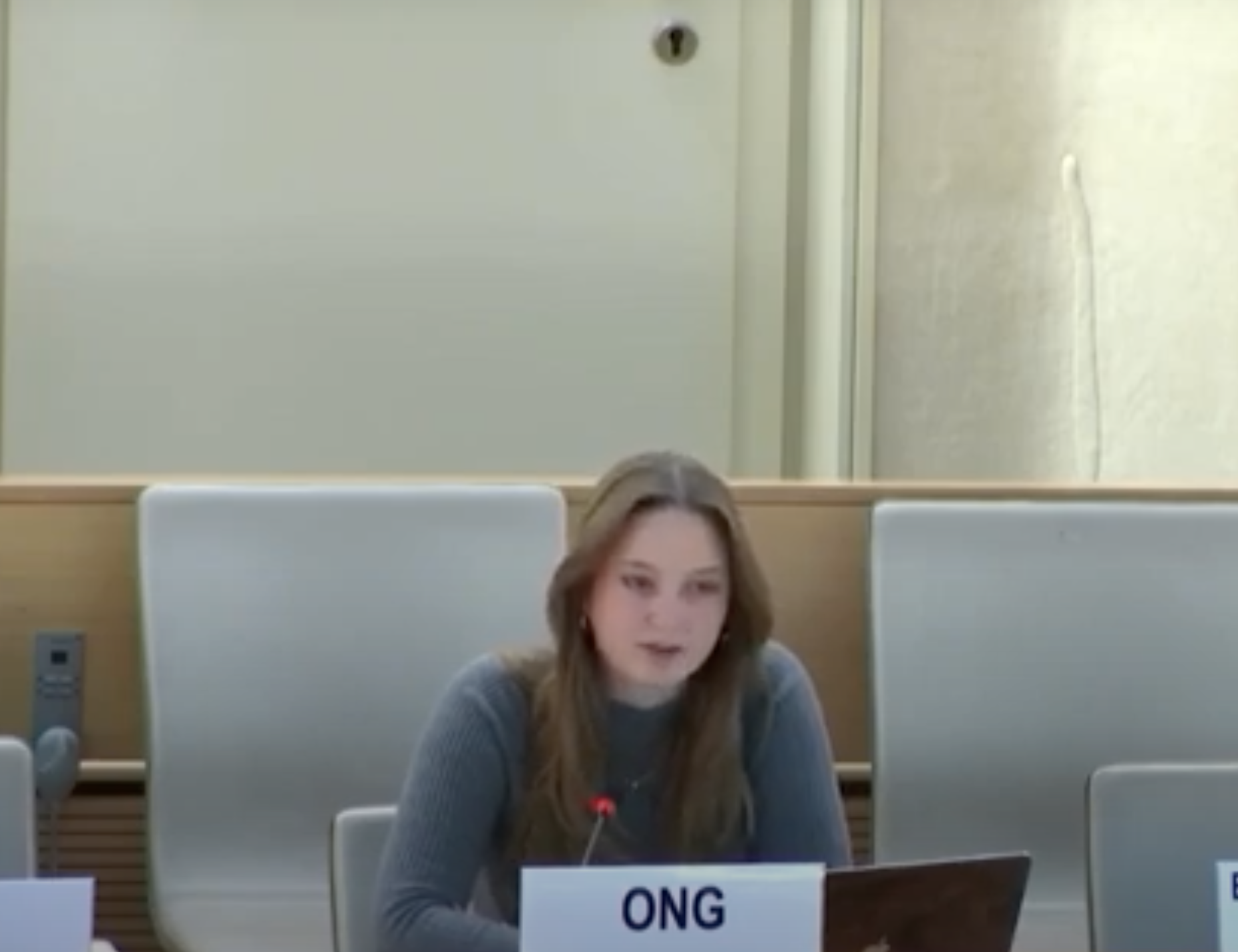Interactive Dialogue with the Commission of human rights in South Sudan
Item: 4 - Human rights situations that require the Council’s attention
17 September 2018
Joint Statement by: International Organization for the Elimination of All Forms of Racial Discrimination (EAFORD) and Geneva International Centre for Justice (GICJ)
Thank you Mr. President,
EAFORD and Geneva International Centre for Justice acknowledge the recent developments in South Sudan but remain concerned over persisting serious human rights issues. For the third straight year, South Sudan tops the global list of violence against humanitarian operations making it the most dangerous country for aid workers. The “Aid Worker Security Report, 2018” recorded major attacks against aid workers where South Sudan accounted for almost one third of the 158 major violent incidents against aid workers that included killings by gunfire and aid worker kidnappings.
While we also acknowledge the release of over 900 child soldiers, including girls, in 2018 alone from the ranks of Armed Groups in South Sudan, and with additional releases expected, the numerous documented and reported incidents unveil horrible violent attacks that killed and maimed hundreds of children and cases of sexual violence against girls. Such incidents must be adequately addressed where perpetrators are held to account and victims receive due justice.
Concerning statelessness, administrative challenges and continuous poverty have created additional problems thus increasing risk of statelessness that can lead to loss of access to basic human rights and services such as education and other political, economic, and social deprivations and payment of higher taxes.
Regrettably, South Sudan is currently not party to the 1954 Convention Relating to the Status of Stateless Persons nor the 1961 Convention on the Reduction of Statelessness, and additionally, the 2011 Nationality Act does not address or determine statelessness procedures in South Sudan.
To the Commission on human rights in South Sudan we would like to ask, how is the Commission addressing the various challenges of statelessness in South Sudan and what steps are being taken to ensure the safety of aid workers and the safe reintegration of child soldiers into society?
Thank you.








